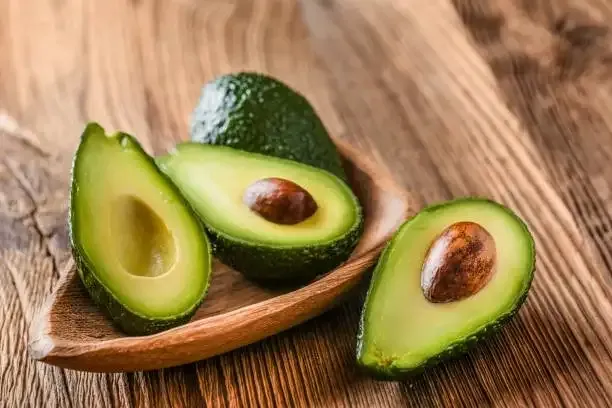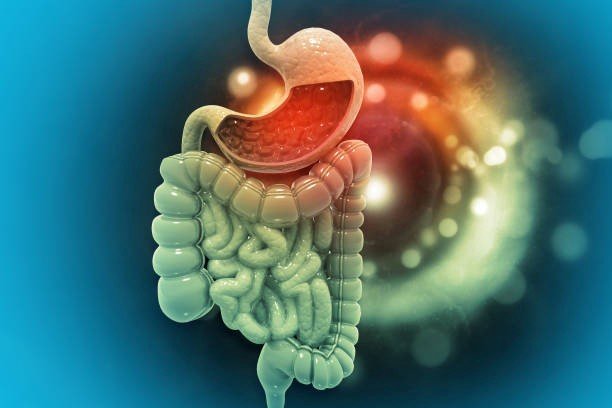
1. Stops the Growth of Cancer Cells

There are numerous studies promoting avocados as meals that combat cancer. For instance, the outcomes of an in vitro study that indicated the phytochemicals in avocados are so potent that they could aid in the destruction of oral cancer cells were published in the Journal of Nutrition and Cancer.
In an effort to determine the precise mechanism underlying this phenomenon, researchers from Ohio State University developed this theory further. According to a preliminary study released in 2011, the precise phytonutrient mix present in each avocado may be the basis for its anticancer properties.
According to research, phytochemicals taken from avocados aid in cell cycle arrest, growth inhibition, and apoptosis promotion in precancerous and cancer cell lines. Additionally, studies show that the phytochemicals in avocados that are extracted using 50% methanol promote the growth of human lymphocyte cells and inhibit chromosomal alterations.
2. Beneficial For Gut Health

With 14 grammes in each, avocados are rich in fibre. That amounts to over half of the daily requirement for this important nutrient. Getting adequate fibre in your diet is essential for digestive system health because it promotes the growth of good bacteria.
According to a study, participants who ate avocados every day for 12 weeks had more bacterial diversity and lower faecal bile acid contents than a control group. Increased bile acid levels frequently cause intestinal inflammation and are linked to the development of bacteria that are linked to negative health outcomes including colon cancer.
It’s important to note that all fiber-rich meals, such as fruits, vegetables, nuts, and seeds, support a healthy digestive system.
3. They Are Rich In Folate

According to the USDA, the fatty fruit contains 81 micrograms (0.0000028 ounces) of folate per 100 grammes (3.5 ounces) of avocado.
The B vitamin folate is crucial for healthy pregnancies and normal brain function.
The Office of Dietary Supplements at the National Institutes of Health advises women of reproductive age to consume 400 micrograms (0.000014 ounces) of folate daily. The government advises pregnant women to boost their daily dose to 600 micrograms (0.000021 ounces).
According to the CDC, folate can aid in preventing birth defects in the first few weeks of pregnancy, particularly those that impair the baby’s brain and spine. In the US, unexpected pregnancies account for almost half of all births.
4. Avocados Help Maintain a Healthy Body Weight

It is untrue to assume that eating fat causes you gain weight. In actuality, consuming healthy fats is a shrewd weight loss tactic.
For instance, plant-based fats like avocado boost satiety while also fighting inflammation and offering antioxidants, all of which are associated with healthy weight management. According to some data, people who regularly eat avocados maintain healthy weights even when they consume an equivalent amount of calories. 4
A 2021 Journal of Nutrition study examined the effects of avocado eating, particularly on belly fat. For a total of 12 weeks, 105 overweight or obese people were given either a meal with one avocado or a meal without avocado, both of which contained roughly the same number of calories and other ingredients.
5. Avacados Improves Heart Health

By regulating blood lipid levels, avocados — and especially avocado oil — promote heart health. According to its chemical make-up, avocado fat is roughly 71% monounsaturated fatty acids, 13% polyunsaturated fatty acids, and 16% saturated fatty acids.
Monounsaturated fats (MUFAs), in particular, have been shown to inhibit plaque development in the arteries more effectively than do diets strong in insulin-raising carbs. Along with the fat, fibre, and beta-sitosterol components found in avocados, magnesium and potassium also lower blood pressure and cholesterol levels.
A growing amount of clinical research is examining why consuming good fats is so crucial for preserving heart health.